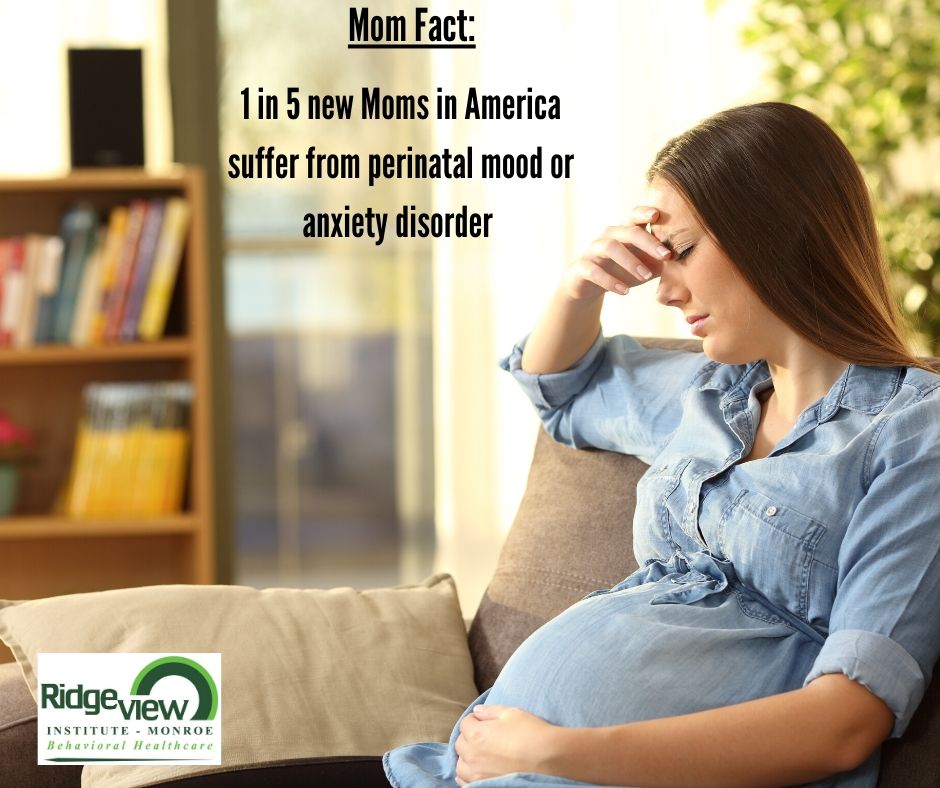
May is National Maternal Depression Month. The silent cloud that plagues 15-20% of women who gave birth, miscarried, or had a stillbirth needs to be discussed. It is normal to feel “different” during and after pregnancy as your hormones are changing. However, when symptoms of depression and anxiety start to make it difficult to complete your day to day activities, it might be time to ask for help. Some common symptoms of PPD include: Guilt for believing you should be handling motherhood better, feeling that your baby deserves better, or may even be better off without you; Difficulty bonding with your baby; excessive crying; Thoughts of harming yourself or your baby; it can even lead to diminished ability to think clearly, concentrate or make decisions.
When left untreated, postpartum depression may last longer and symptoms may worsen. However, there is so much shame and misinformation surrounding the topic of postpartum depression that some women hide the way they are truly feeling and suffer in silence. You do not have to suffer in silence anymore. Ridgeview is here to help. Our staff of mental health professionals can teach you the skills necessary to overcome PPD and get control of your life again. Call us for a comprehensive assessment 24/7.
